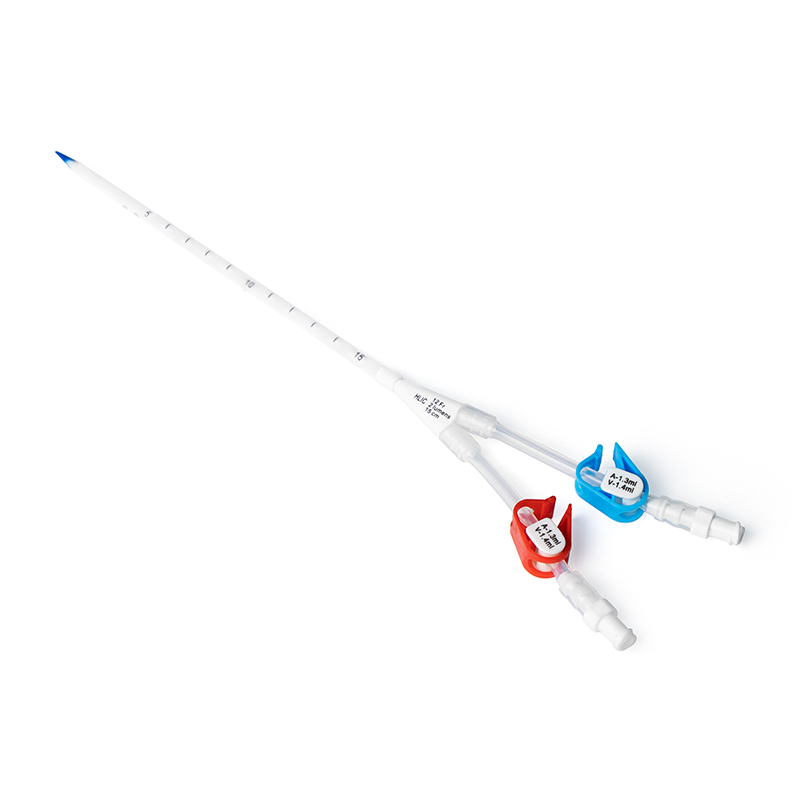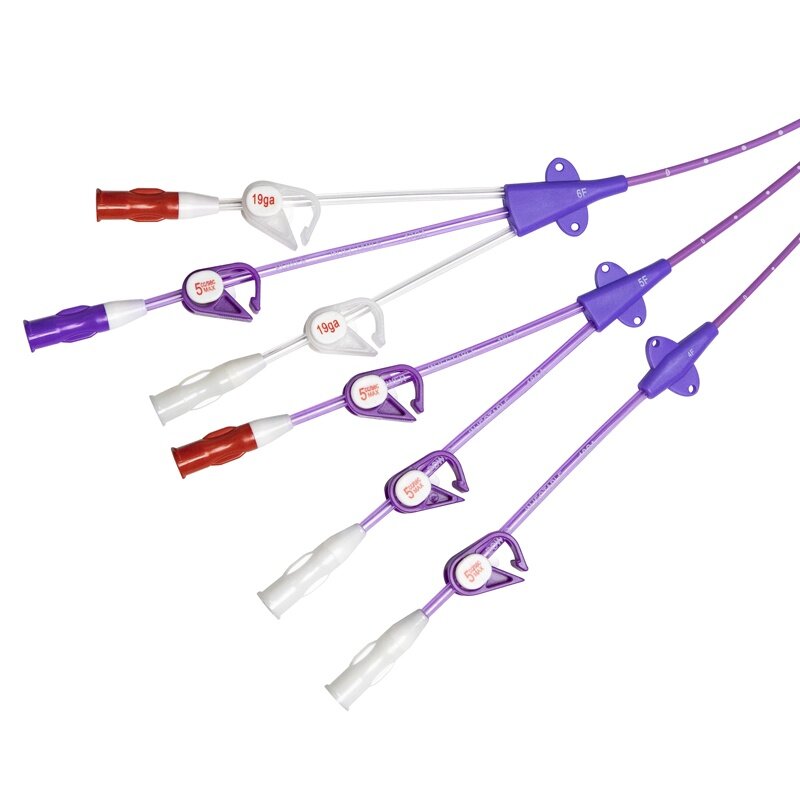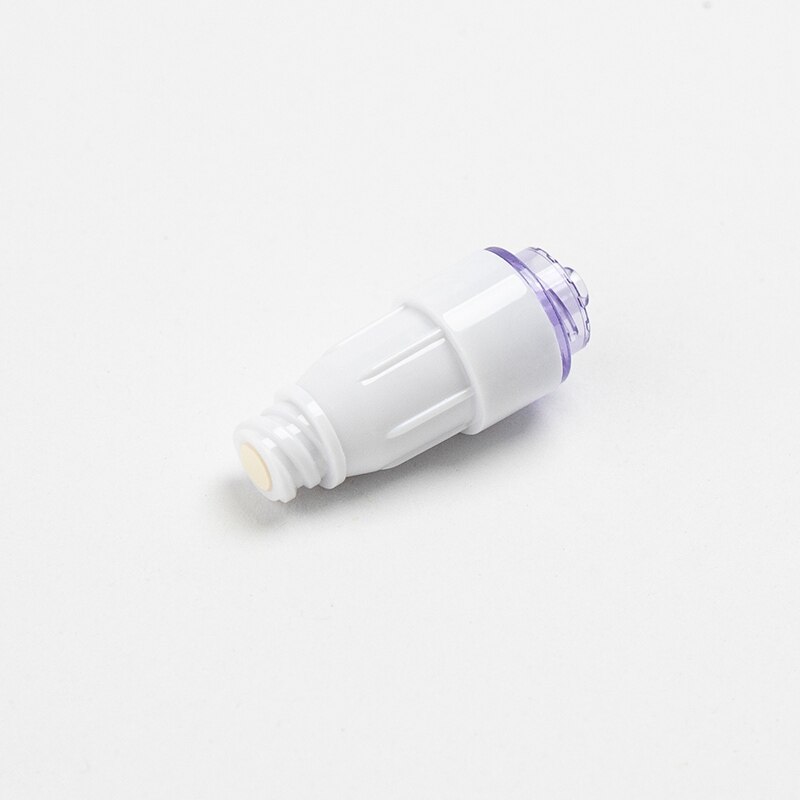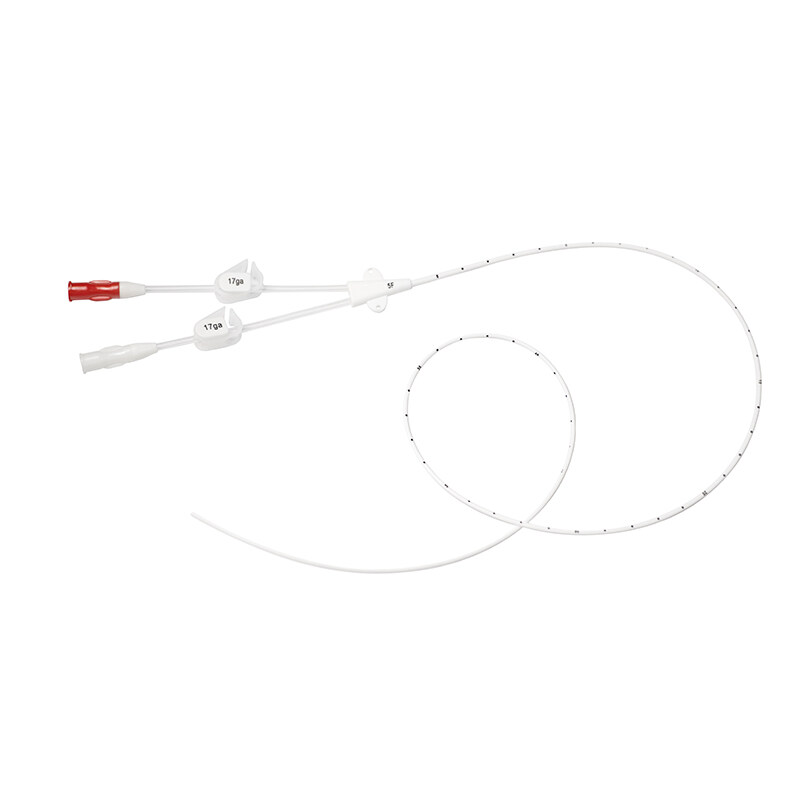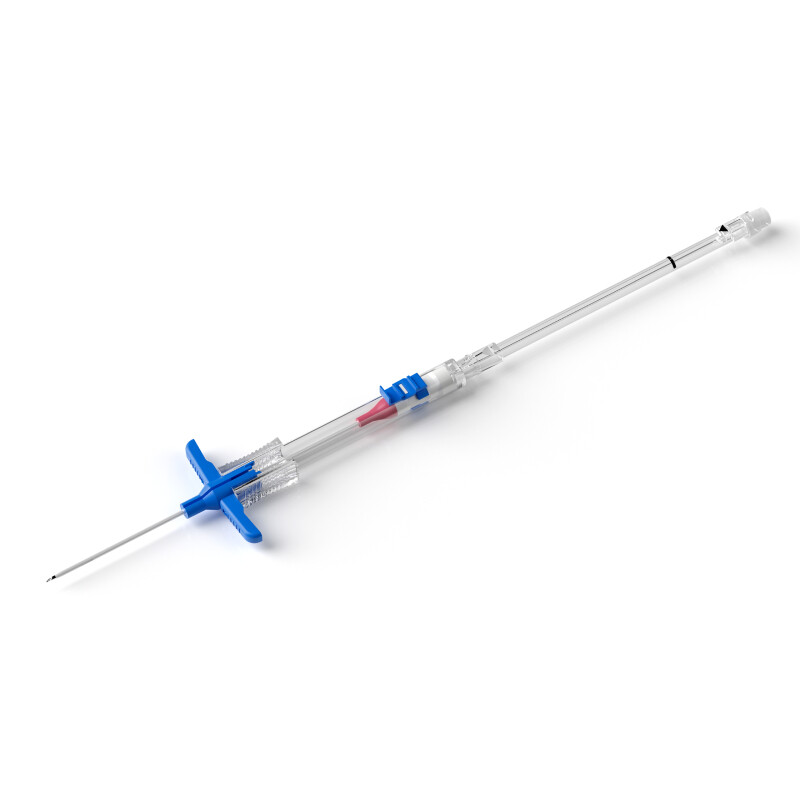A midline catheter is a less invasive alternative to traditional central lines and can be used in a wider range of patients.
A midline catheter is one of the modern medical tools used to deliver medications, fluids, and nutrients directly into a patient's bloodstream.
It is a type of central venous catheter that is inserted through a peripheral vein in the arm and advanced to a position near the patient's heart.
Midline catheters are typically longer than other peripheral catheters and are designed to stay in place for a longer period of time.
Features:
● Polyurethane formula
● Centimeter depth marking
● ID-clamps design
● Multiple application
● Ready to therapy Kit
Benefits of Using a Midline Catheter
● Advanced medical polyurethane material
It has the property of microbial resistance to prevent thrombosis. Polyurethane is also thermosensitive and can be softened after insertion.
The tip is soft and flexible in order to minimize the risk of vessel wall trauma and phlebitis during the process of catheter placement and after insertion.
● The retention time could last 30 days.
● ID clamps are designed for indicating priming volume and are easily used to seal tubes with a single hand.
● Centimeter depth marking to help precise placement.
● A double lumen is used for two sorts of medicine injections to avoid medicine incompatibility.

Midline Catheter Kit
Midline catheters are often used in patients who require intravenous therapy for a duration of 1 to 4 weeks. They are ideal for patients who have difficult veins or require long-term intravenous therapy but are not candidates for a traditional central line catheter. The insertion procedure is relatively simple and can be performed at the patient's bedside or in a clinic setting.
Midline catheters have several advantages over traditional central venous catheters. They are less invasive, require less maintenance, and have a lower risk of complications such as infection and blood clots. They can also be used for a wider range of medications and fluids.
However, midline catheters also have some limitations. They cannot be used for certain types of medications or infusions that require a larger vein or a more central location. They also have a lower flow rate compared to central lines, which can limit their use in patients who require high-volume infusions.
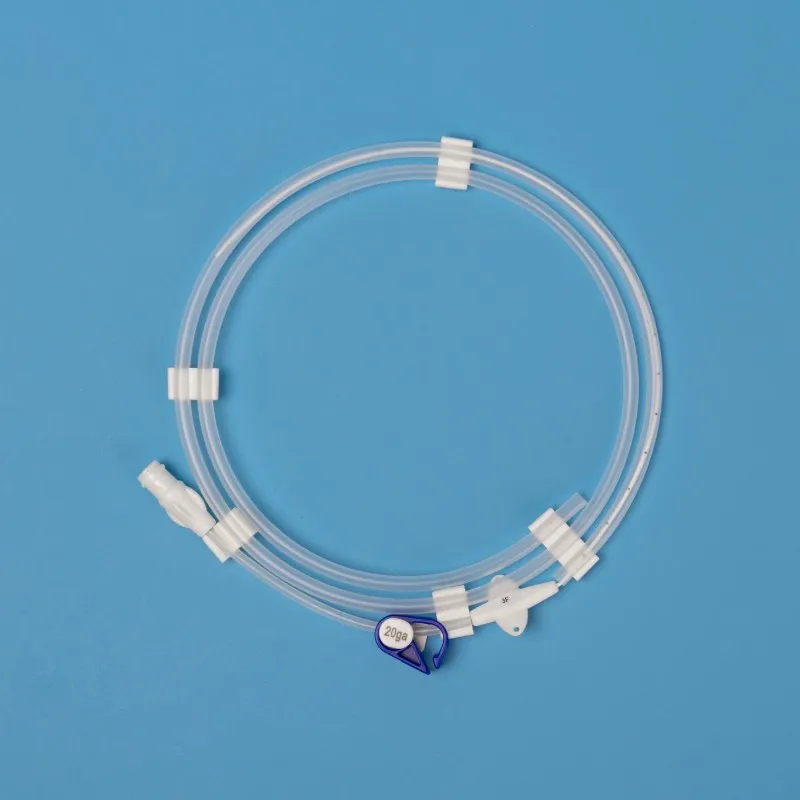
In a word, a midline catheter is a valuable tool in the management of patients who require intravenous therapy for a period of 1 to 4 weeks. It is a less invasive alternative to traditional central lines and can be used in a wider range of patients.
However, it is important to carefully consider the patient's individual needs and medical history before selecting a midline catheter as the appropriate treatment option. Proper care and maintenance of the catheter are also essential to minimize the risk of complications and ensure successful treatment outcomes.

